Human trafficking in South Africa is rampant, but South Africa cannot overcome it by itself. While addressing Drugs and Crime, UN Office stated that human trafficking is the fastest-growing international crime. The crime is divided into external and internal human trafficking, whereby the illegal operations are conducted within or beyond a nation's boundaries. In 2017, statistics from the International Labour Organization (ILO) and the Walk Free Foundation revealed that around 40.3 million people were reported to be in modern slavery.
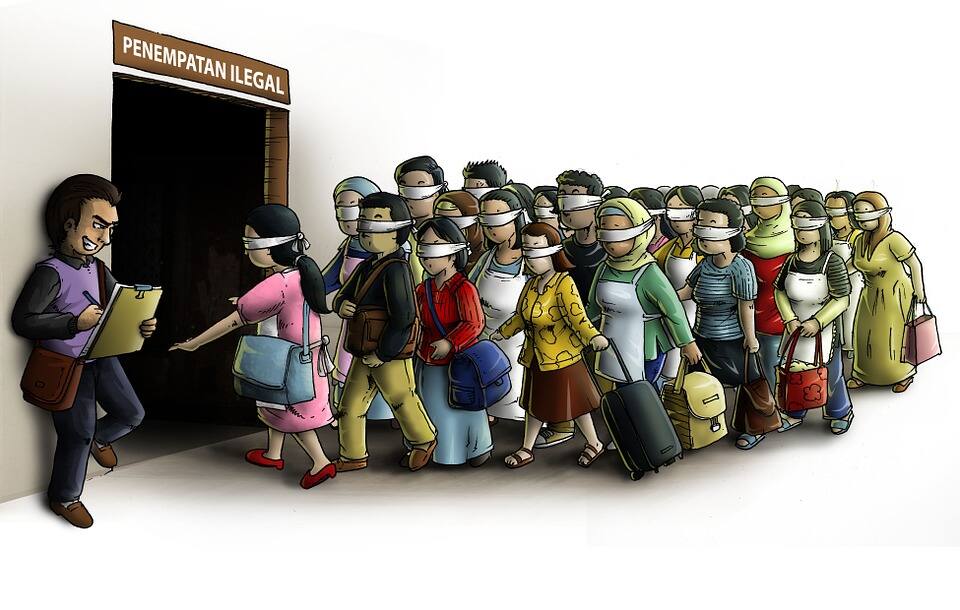
ILO furthermore claimed that multiple sources estimated that human trafficking generated between 5 and 42 billion USD in revenue a year. The discussion about modern slavery and human trafficking in South Africa 2020 has been sparked by a sensitive video and Lerato Kganyago's opinions about the topic. The crime will end if nations unanimously lay strategies that can cut the supply of slaves.
Human trafficking in South Africa news
South Africans frequently wake up to sad news about human trafficking, but some are conspiracy theories. Investigations are going on about two fake human trafficking news.
The latest news on human trafficking in South Africa involved an influential TV presenter and DJ, Lerato Kganyago. In September 2020, a video of a man trying to kidnap a kid in the Roodepoort area, Johannesburg, went viral.
Lerato has been criticized for exaggerating the level of this crime in South Africa without valid evidence. She was not keen on the statistics she used to back her claims regarding the topic. The presenter claimed that at least one million children are trafficked annually in South Africa without proof.
What is the percentage of human trafficking in South Africa? The closest figure from the United Nations' statistics was estimated to be 1.2 million children globally in 2000.
What is human trafficking?
Human trafficking is defined as recruiting, transporting, selling, or harboring people by force, deceit, or abuse for exploitation. What is the position of human trafficking in South Africa? The country enacted a Prevention and Combating of Trafficking in Persons Act in 2013. The Act gives the above definition of human trafficking and facts and myths surrounding this topic. Further, it stipulates that a person is guilty of human trafficking if they adopt a child or enter into a forced marriage to exploit that child or spouse in any form.
Examples of human trafficking in South Africa
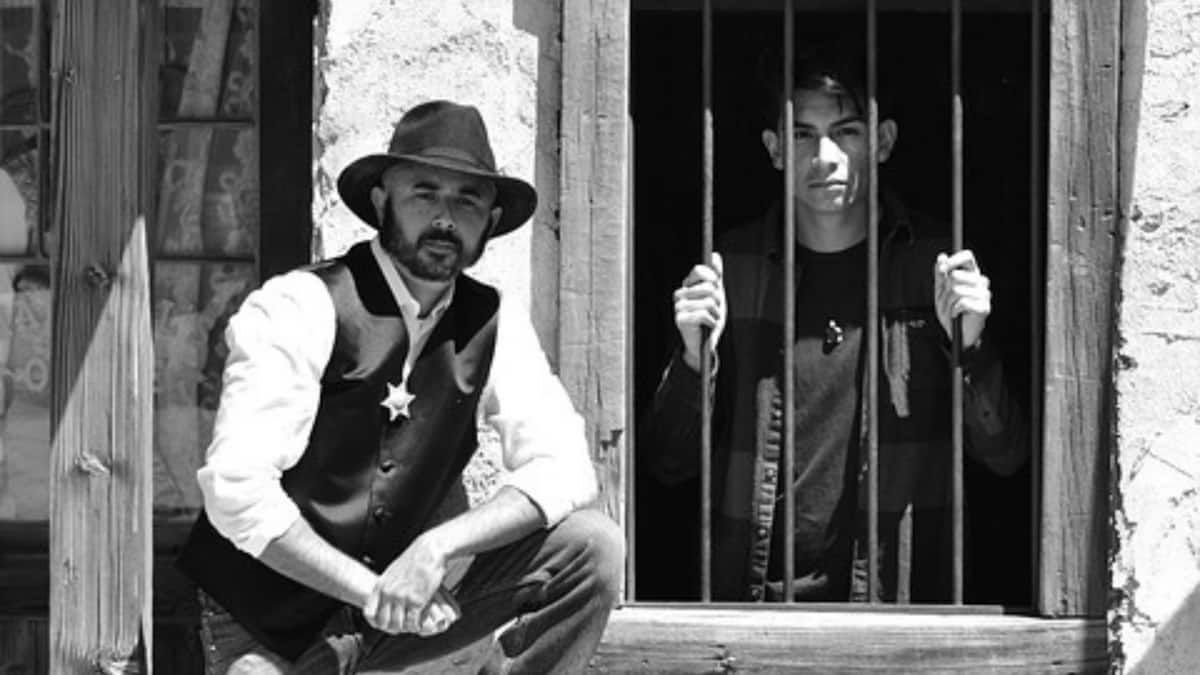
READ ALSO: Tobeka Madiba Zuma drags Jacob Zuma to court over child support
People become victims of human trafficking in many ways. Some victims do not realize they have been trafficked until they experience emotional and physical abuse. Below are examples of human trafficking:
- Victims involuntarily become domestic servants and live with their masters' with little or no pay.
- Fake adoption and charity agencies deceive people to give their children up for adoption. The parents are unaware that their children will be sold into slavery.
- Others are in bonded labor. They work forcefully for low wages to pay back an impossible debt.
- Individuals are forced or deceived into performing sexual acts for money.
- Children are forced to participate in an armed force.
- One might be coerced or manipulated into working in captivity for little or no pay, but a debt is not involved in this case.
- People are kidnapped, and their organs removed and sold on the black market.
- Some children and people with disabilities are made beggars on the streets to generate income for criminals.
If you find yourself in any situation that makes you believe that you are dealing with human traffickers, please call:
Facts about human trafficking in South Africa
Human trafficking facts you did not know:
- South Africa is the hub of human trafficking on the continent because it facilitates the people's transit to other continents illegally. Worldwide, almost 20% of all the human trafficking victims are children. Surprisingly, the records from some parts of Africa, like West Africa, prove that 100% of the victims are children.
- South African boys are trafficked internally and forced to generate income from mining, street vending, food service jobs, and agricultural activities. At the same time, girls are exploited as commercial sex workers and placed in domestic work bondage. Children are trafficked from Lesotho to towns in the eastern Free State of South Africa, and others are taken from Malawi to northern Europe.
- Human traffickers prevent their victims from escaping through various means. They subject them to physical or emotional torture, social isolation, confiscate the victim's identity documents like passports, and force them into drug addiction to make them depend on the traffickers to access the drugs.
- Multiple cities in the country struggle with widespread child sex tourism, and foreign females are trafficked to South Africa for commercial sexual exploitation, domestic work bondage, and other available jobs in this sector. These women are trafficked from China, Thailand, and Eastern Europe. Malawi and Mozambique women are trafficked taken to Gauteng and Kwa-Zulu natal.
Causes of human trafficking in South Africa
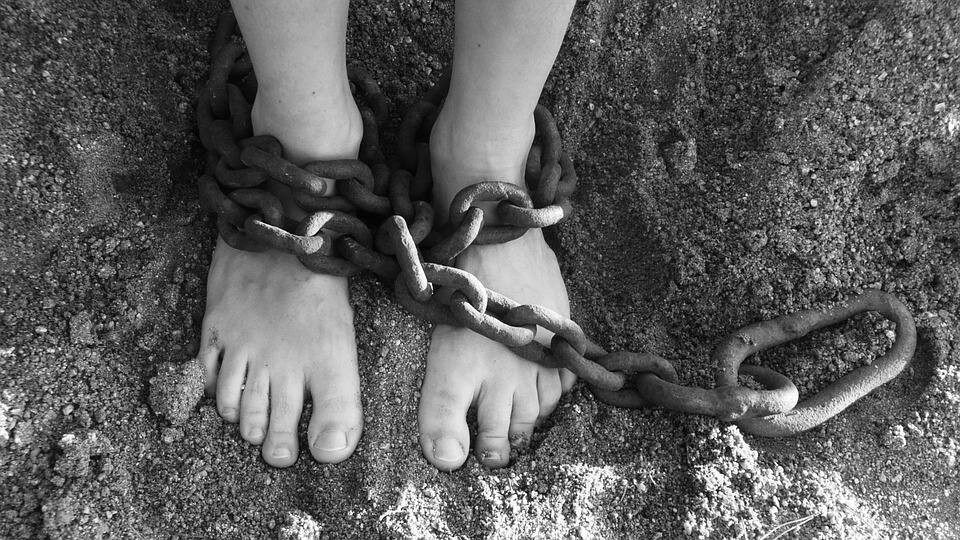
READ ALSO: Opinion: ANC infighting has far-reaching consequences for SA
The reasons people become victims of human trafficking are diverse. Most victims and traffickers are reluctant to open up; therefore, it is challenging to understand what makes them engage in this trade in-depth. Recruiters act normal and mingle with people in society so that no one suspects them. Below are some of the common reasons:
- Stringent immigration laws
South Africa is one of the wealthiest countries on the continent; hence, it attracts citizens from less developed and politically unstable countries who want to access better opportunities to make it in life. Most of them cannot get into South Africa legally because of the strict laws; hence, they choose to use the illegal means from traffickers who post fake jobs and pose as legit recruiters.
- High demand for cheap labor
Low-skilled cheap labor is available in developing countries and required in wealthy countries. Since many Africans are also looking for jobs abroad, people buy them as domestic and commercial slaves. People from rural areas in South Africa expose themselves to internal trafficking while looking for better lives in urban areas.
- High demand for kids for adoption
Illegal adoption of children happens on a local and international level. Childless couples ignorantly adopt children trafficked into their countries from South Africa, while the natives adopt children trafficked within the country.
- The organ harvesting business is profitable
Human organ transplants are needed daily on a large scale within and outside Africa. Some African and foreign cultures also believe that specific human body parts are medicinal or have magical powers. People are lured by human traffickers and used as human sacrifices. Their body parts are used in making traditional herbs and witchcraft rituals like love spells.
- The thriving pornographic film industry and commercial sex sector
Pornography and prostitution are lucrative businesses, and the global filming and entertainment industry is carelessly exposing this to the viewers. Trafficked women and children are highly sought after and forced into the business because they are cheaper than hiring female citizens from those countries.
How to avoid human trafficking in South Africa
There are many ways you can protect yourself and your loved ones from becoming victims of this crime. Here are a few protective measures you must use:
- Know what is going on in your environment
If you do not get distracted on your phone or anything else, you will notice strange behaviors in people and when someone or a car is following you. Trust your instincts when you feel uneasy around someone. Fight, scream, or run to the nearest building and seek help when someone attacks you.
- Watch out for one another
Turn on your GPS daily and allow your loved ones to track your device. Inform them to have your back before you go to insecure places so that if they cannot trace your location for several hours, they should alert the police.
- Strangers must prove themselves worthy of being trusted
Limit your interaction with strangers because someone can drug you. Meet blind dates and strangers in public places. Research about job opportunities before you apply or show up for interviews. Do not expose a lot of information about yourself on social media or chat with random people. Turn on your account's privacy settings to avoid being tracked.
- Handle stress maturely
Call the South African Depression and Anxiety Group (SADAG) on 0800 12 13 14 for counseling when depressed instead of avoiding your loved ones. If you are a child, call Childline on 0800 055 555 instead of running away from home.
Why is it difficult to stop human trafficking in South Africa?
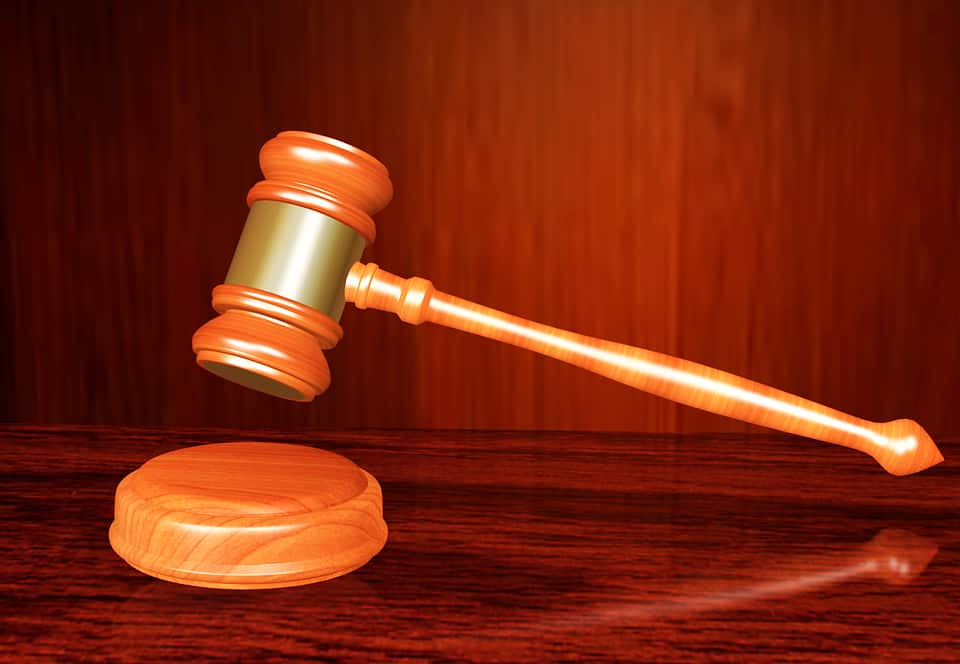
READ ALSO: Human rights lawyer George Bizos to receive Special Official Funeral
SAPS, Interpol, and SADC are working as a team to combat this crime. However, South Africans feel that it has taken too long for them to witness meaningful change. Here are the challenges the country is facing while fighting this crime:
How can projects support victims of human trafficking in South Africa?
International and local organizations are trying the best they can to mitigate human trafficking. Below are some of the organizations and the projects they have put in place:
- UNODC has projects in the Western cape that run initiatives that alert NGOs and government authorities about child trafficking cases.
- Resources Aimed at the Prevention of Child Abuse and Neglect (RAPCAN) help stop child trafficking by changing the mindset to the people rooted in the culture of child abuse and exploitation.
- The Government of Norway (NORAD) and the US Bureau for Population, Refugees and Migration (PRM) fund the Southern African Counter-Trafficking Assistance Programme (SACTAP) to help victims in South Africa, Angola, Botswana, Lesotho, Madagascar, Malawi, Mozambique, Swaziland, Tanzania, Zambia, and Zimbabwe.
- IOM Pretoria launched a US $1.9 million program to protect victims, provide them with rehabilitation services, return them to their homes, and prevent human trafficking. IOM has shelters for victims in South Africa from Gauteng Western cape to KwaZulu-natal provinces.
What are the top 10 states for human trafficking?
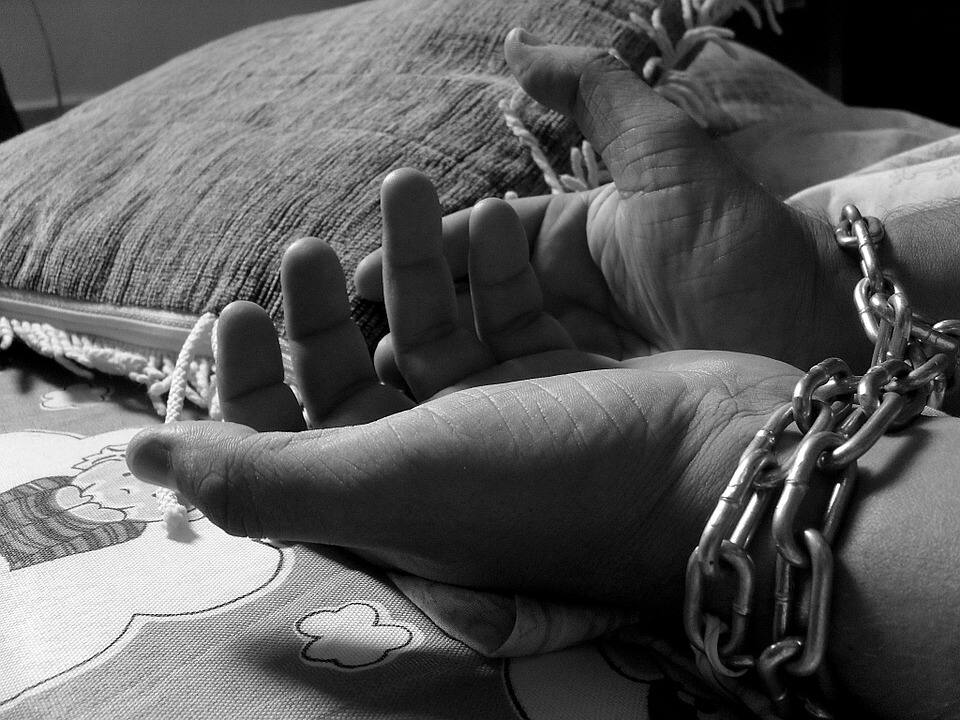
According to the Trafficking in Person Report (TIP), these counties have the highest record of human trafficking incidences:
Join hands and stop human trafficking in South Africa. The living conditions and economic crisis will force more people into the crime if urgent action is not taken. Provide the authorities with information about these crimes in good time because you are the government's eyes and ears.
READ ALSO: Where to sell Mandela coins
Why are people stuck with Mandela coins? Although you cannot buy anything with these coins, you can sell them. Many people have heard about this business, but they do not know where to sell their precious coins.
The value of these coins fluctuates; therefore, sell them on OLX when the deal is still hot. Before you run to OLX, compare the prices of different buyers to get the best deal. We has a list of places you can sell Mandela coins at a reasonable price without sweating.
READ ALSO:
- SANDF: General Solly Shoke warns army to stay away from politics
- Ntsiki Mazwai feels she’s a perfect candidate for a political leader
- 43 Years on: South Africa remembers struggle icon Steve Biko
ncG1vNJzZmiaop6yp7jYZ5qoZqqWfHl8k2pwZpmcoXqpwcyapWasopazp7XCpKCnn12ovLbAx2aYn6qZmK5vtNOmow%3D%3D